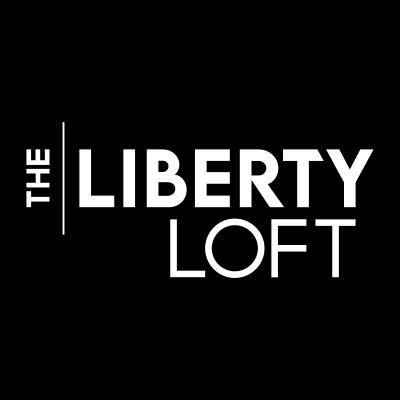



A drone operator in North Carolina is appealing a judge’s claim that any sort of aerial maps or images obtained from flying drones is the same as “surveying,” and can be regulated by the state’s licensing requirements for that industry.
In fact, the case charges, that providing such information actually is expression protected by the First Amendment.
According to the Institute for Justice, the claim that using drones to take aerial photographs of property is the same as surveying was made by Louise W. Flanagan of the U.S. District Court for the Eastern District of North Carolina.
She affirmed a North Carolina rule to that effect.
“For years, the state’s land-surveying board has targeted small-time drone operators, claiming their maps and models amount to illegal ‘surveying,’” the IJ reported.
“The court acknowledged that ‘the use of drones to capture images for the purpose of conveying ‘orthomosaic’ or ‘measurable’ information is protected expression.’ Even so, the court ruled that North Carolina can punish drone operators if they create and share even basic information about land without first getting a land-surveyor license,” the report said.
The point is the state is demanding a surveyor’s license, requiring years of schooling and experience, in order for drone operators to do certain functions.
The state board has threatened civil and even criminal penalties against drone operators.
“One of the targets of the board’s threats was Michael Jones, a Goldsboro drone enthusiast who has long wanted to develop an aerial-mapping business. The surveying board sent Michael a cease-and-desist letter in 2019, demanding that he shut down his fledgling mapping operations,” the IJ reported.
“Licensing boards should not be able to use their authority just to protect businesses from competition,” said IJ Attorney James Knight. “The government should step out of the way and let innovative businesses like Michael’s continue serving their customers.”
The district judge’s decision now is moving to the 4th U.S. Circuit Court of Appeals.
“When the surveying board first told me that I was breaking the law, I could hardly believe it,” said Jones. “I didn’t think that I was doing anything that could be considered surveying. In fact, I don’t know of any surveying company that was using drones like I was. I’m looking forward to the court of appeals hearing my case.”
WND reported when the case developed that the images and maps Jones created for customers were not being used to set legal boundaries, which would, in fact, require a formal survey.
Jones began using a drone camera to expand his business as a photographer and videographer.
He took photos of homes for sale and buildings under construction. And he did a job for a company that wanted to use thermal imaging to see where heat was escaping from its warehouse.
But the state Board of Examiners for Engineers and Surveyors claimed that all was “surveying.”

This article was originally published by the WND News Center.
This post originally appeared on WND News Center.
